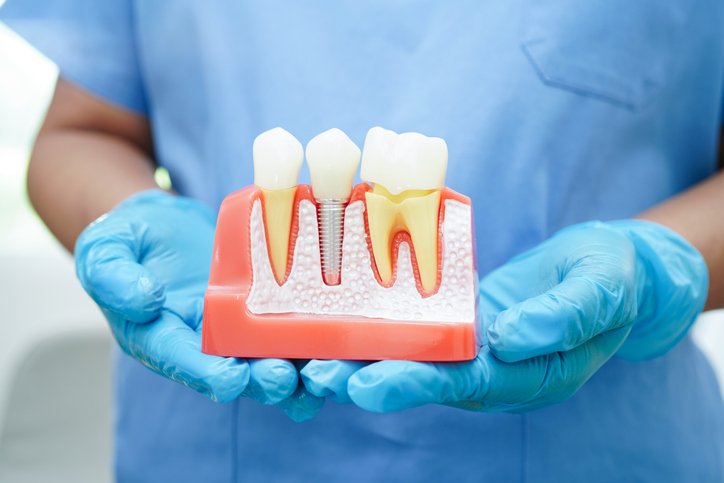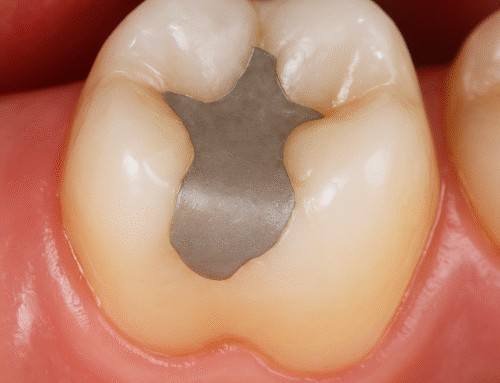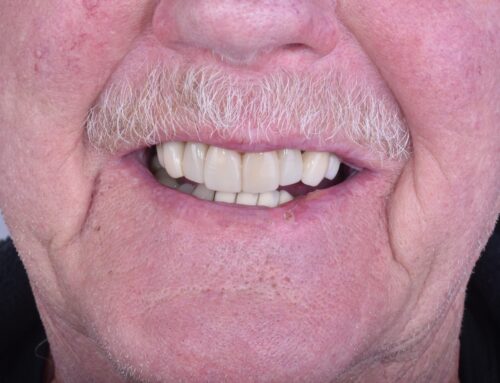Benefits of Dental Implants
Before delving into the complications, it’s important to understand why dental implants are so widely used. They offer several significant benefits:
- Restoring Appearance: Implants look and feel like natural teeth, enhancing one’s smile and overall appearance.
- Improving Function: They provide stable support for biting and chewing, much like natural teeth.
- Stabilizing Surrounding Teeth: Implants prevent the shifting of adjacent teeth, maintaining proper alignment.
- Preventing Bone Loss: By stimulating the jawbone, implants help prevent the bone loss that often occurs after tooth loss.
Common Problems with Dental Implants
Despite their advantages, dental implants can encounter several problems. Here are some of the most common issues:
1. Infection
Infection is one of the most frequent complications associated with dental implants. Post-surgical infections can occur at the implant site and may affect either the gum tissue or the bone surrounding the implant. Symptoms of infection include swelling, redness, and pain. Treatment may involve antibiotics or, in severe cases, surgical intervention to remove infected tissue.
2. Gum Recession
Gum recession around an implant can be problematic, leading to inflammation and discomfort. Recession can expose the implant, affecting its stability and functionality. Early intervention from a dentist is crucial to address gum recession and prevent further complications.
3. Loose Implant
During the initial healing period, known as osseointegration, the implant must fuse securely with the jawbone. If this process is disrupted, the implant may become loose. This issue often requires removal of the implant and, after the area has healed, a new implant may be considered.
4. Nerve or Tissue Damage
In some cases, dental implant placement can lead to nerve or tissue damage. This can occur if the implant is positioned too close to a nerve, leading to symptoms such as numbness, tingling, or persistent pain. Immediate attention from a dental professional is necessary to address nerve damage, particularly if it involves the inferior alveolar nerve (IAN).
5. Sinus Issues
Implants placed in the upper jaw can occasionally protrude into the sinus cavities, leading to sinusitis. Symptoms of sinusitis include facial pain, nasal congestion, and sinus headaches. Proper implant placement and monitoring can help mitigate this risk.
6. Damage from Excessive Force
Excessive force or trauma can cause damage to a dental implant. Habits such as teeth grinding (bruxism) can be particularly damaging. To protect implants and natural teeth, individuals who grind their teeth may need to use a mouthguard.
Long-Term Issues
Beyond immediate complications, dental implants can also face long-term challenges:
1. Peri-Implantitis
Peri-implantitis is a serious gum disease affecting the bone and tissue around the implant. This condition can lead to bone loss and implant failure if not managed properly. Symptoms include bleeding and swelling at the implant site. Regular dental check-ups and good oral hygiene are essential for preventing peri-implantitis.
2. Metal Sensitivity
Though rare, some individuals may have a sensitivity or allergy to the metals used in dental implants. This can lead to the body rejecting the implant. Metal sensitivity testing before implant placement can help identify potential issues.
Success Rates and Suitability
Dental implants generally have a success rate of 90-95%. However, certain factors can affect this success rate:
- Smoking: Smoking can impair healing and increase the risk of implant failure.
- Diabetes: Uncontrolled diabetes can affect the healing process and implant integration.
- Gum Disease: Pre-existing gum disease can compromise implant success.
- Radiation Therapy: Individuals who have received radiation therapy to the jaw area may face a higher risk of complications.
- Medications: Certain medications can affect bone health and implant success.
Suitability for Dental Implants
Dental implants are not suitable for everyone. Candidates should be in good overall health, have healthy gums, and possess sufficient jawbone density. Children are generally not suitable candidates for implants due to their ongoing facial development.
Aftercare and Recovery
Proper aftercare is vital for the success of dental implants. Following surgery, it is essential to follow the dentist’s instructions for oral hygiene, including brushing and flossing around the implant. Regular dental visits will ensure that the implant integrates properly and that any potential issues are addressed promptly.
Recovery Time
Recovery from dental implant surgery varies from person to person but generally involves a period of several months for full osseointegration. During this time, patients should adhere to a soft-food diet and avoid placing excessive force on the implant site.
Contact BioDental Care in Tijuana Today for Dental Implant Consultation
While dental implants offer significant benefits for tooth replacement, they are not without potential complications. Understanding these issues, from infection and gum recession to long-term concerns like peri-implantitis and metal sensitivity, is crucial for anyone considering this dental procedure. By following proper aftercare and maintaining regular dental check-ups, individuals can maximize the success of their dental implants and enjoy the functional and aesthetic benefits they provide.
Whether you’re contemplating dental implants or are already in the recovery phase, staying informed and proactive about your dental health is key to ensuring a successful outcome.
If you have any questions or need a consultation regarding dental implants, contact BioDental Care today. Our team of experienced professionals is here to help you understand your options and ensure you receive the best care possible. Don’t hesitate to reach our – your path to a healthier, more confident smile starts here!




